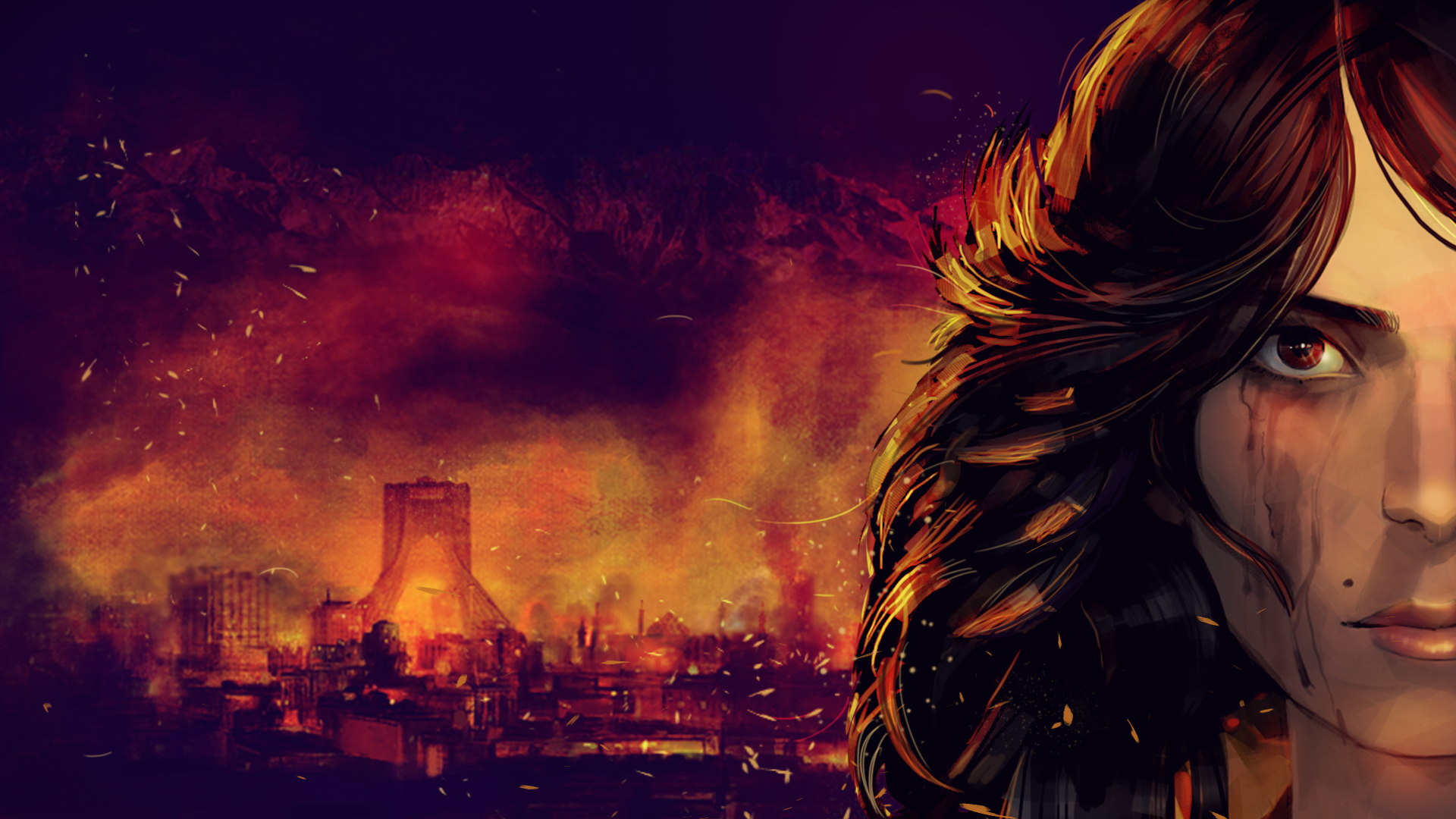1979 Revolution: Black Friday is a game which thrusts you into the middle of a troubled Iran. Developer iNK Stories have crafted a tale which is as immersive as it is true, and the game serves as a documentary at times. Often educating me on Iranian culture, and what was running through the minds of the people during this moment; while the experience was short, it felt succinct in what it was trying to educate me on. Opening me to a world to which I was never a part of.

The story of 1979 Revolution puts you into the shoes of Reza Shirazi, a photojournalist returning from Germany, who has come to find his home country divided. Most of the storytelling happens with you retelling this story, this offers a unique framing for its narrative. It all happens while you are being interrogated, which adds a unique spin to what is going on. Not only does it provide backstory to the events which take place, it also offers the real world implications of what has happened. During your retelling of this story, you will often get called an unreliable narrator. As if what you have experienced was wrong. Your words will be attempted to get twisted, and used against you. This is one of the strongest aspects of the game and always keeps you on your toes with what will happen next.

Each moment feels distinct in the nineteen chapters as your progress through the story, and they all lead you through a different part of the world. Only for you to be taken back to the prison, giving you this deadly reminder of what the present is. The first character you actually interact with who isn’t attempting to force a confession out of you is Babek Azadi. Babek is full of hope and wants you to use your skilled eye to photograph the revolution and televise it to the world. His goals with the revolution are to lead with nonviolence while your cousin, Ali Shirazi, wants to retaliate against the Shah’s regime.
These two characters represent the key choices in the game, whether you want to lead the people of Iran in violence or lead with peace. Personally, I immediately chose to not act with Ali. Babek’s words resonated with me more, and he wants something different. Whereas Ali’s actions might stir up something which might be similar to the regime in which the people are attempting to overthrow. Violence doesn’t do anything but cause more violence, and every action has an equal and opposite reaction. However, by sticking to your beliefs and wanting change in an environment where it is unaccepted. Protests cause discourse and put issues into the limelight.

There are certain moments when your choice has a massive effect, and they are sprinkled throughout the game. It doesn’t tell you when these moments are going to happen, but it does a good job of making these choices matter in the end. There was one choice which no effect on my playthrough, but it was one which stuck with me more than the others. Someone died in my arms, and I had the option to put a memento on their body. A fake ID, a tape, and a poem were my options. I placed the poem because it felt like the right thing to do.
One of the best aspects of the game is how it infuses the backstory of your character into educating you on the subject and history. Like stated before, Reza is a photojournalist who gets involved with the revolution due to his talents. When you take a photo, most of the time it gives you a screen which has a blurb of what you just took a photo of. You can capture the people, their culture, and what they are fighting for. As someone who is not familiar with this area and this place in time, it served a great place for educating me about the subject. The game’s intention is to provide a glimpse into a time and what was happening in late 1970s Iran, and how much the totalitarian government opposed this change. To show an instance in time, where the people were wanting a sense of independence. Showing you what happens, and how destructive they can be. And how the people will do whatever it takes to ensure that them and their children will have a better life going forward.

The only problem I encountered with the game is the fixed camera. In some spots, mainly the indoor spaces it got a bit frustrating at points. Not being able to fully take in the space which was crafted, and this created a lackluster experience in those areas.
Closing Comments:
1979 Revolution: Black Friday is full of extremely special moments that evoke powerful emotions. Its framework around education and a mix of a story is one which is interesting, and it pays off. Having a direct threat in your face as you retell your story is scary, but it has moments of strength where you prevail. I have not encountered a game which makes a point to educate you about what is going on around you and tell an impactful story. I honestly didn’t know what to expect when I was walking into the game, and I left it with my jaw on the floor.
This game was reviewed on a PlayStation 4 Pro system with a review code provided by the publisher Digerati.






